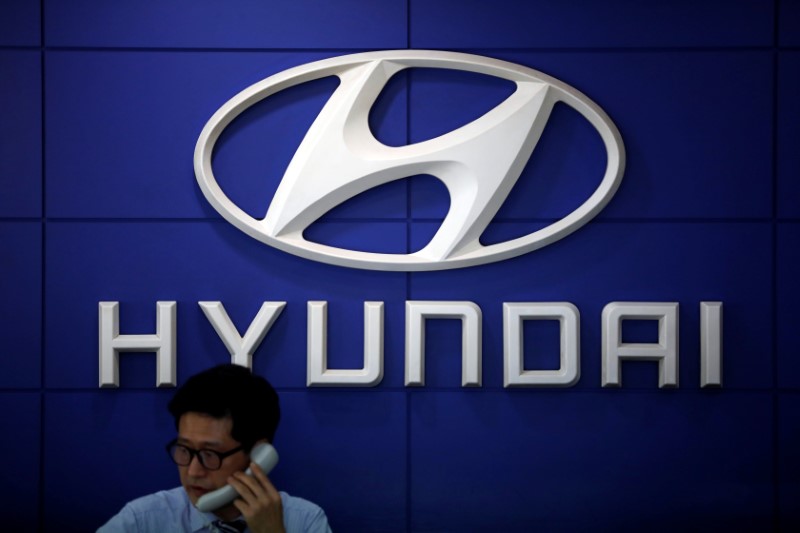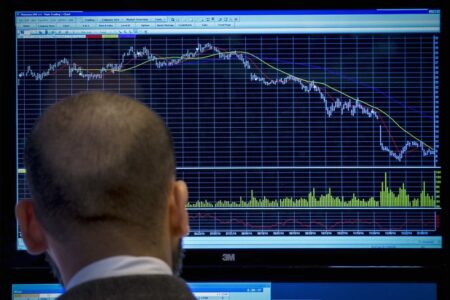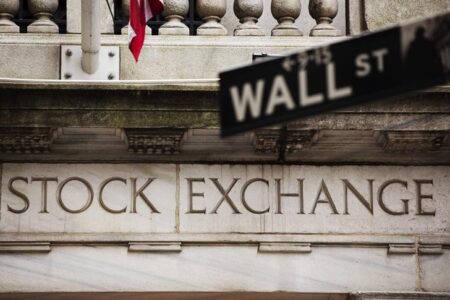By M. Sriram, Aditi Shah and Scott Murdoch
MUMBAI (Reuters) – Banks advising South Korean automaker Hyundai on its India IPO are set to make as much as $40 million in fees, three sources said, a windfall in a market where banks typically struggle to make money given cost-conscious clients and fewer big deals.
That would be the second-highest fee pot ever for investment banks working on an initial public offering (IPO) in India and it comes amid a sharp surge in equity deals in the country, making it a bright spot in an otherwise dull Asia.
Hyundai Motor (OTC:)’s India unit this month filed for regulatory approval for a listing, which could be the nation’s biggest and will see the South Korean parent raise around $2.5-$3 billion at a valuation for the unit of up to $30 billion.
Hyundai India will pay banks, including JPMorgan, Citigroup and HSBC, 1.3% of the IPO size, the sources, who have direct knowledge of the deal discussions, said on condition of anonymity as the talks are confidential.
Citi and JPMorgan declined to comment, while Hyundai India and HSBC did not reply to requests seeking comment.
That translates to $40 million for a single deal at the top end of the deal size, making it the second best payday for banks after Indian fintech firm Paytm’s 2021 IPO yielded $44 million for its seven advisers, Dealogic data shows.
Banks in India get between 1% and 3% of an IPO size as fees, with larger deals giving more bargaining power to the issuers. An IPO worth about $3 billion would see banks in New York earning 3%-3.5% in fees, while it could be 2%-3% in Hong Kong.
Historically most big equity deals in India have come from state-owned companies that, bankers say, offer very low fees.
Western bankers privately complain about the Indian market’s low revenue potential, but they expect that to change in the coming years with both the size of deals and fees going up.
A $40 million payout from the Hyundai India IPO would represent a fourth of India’s total IPO fee income of $164 million in 2023, according to Dealogic. Indian brokerages IIFL and Kotak Mahindra, and Jefferies topped the country’s IPO fee league table last year, London Stock Exchange Group (LON:) data showed.
India’s IPO fee rose 55% to hit $164 million last year, with a record 234 companies listing. Banks in New York earned $890 million while Hong Kong IPO fees totalled $135 million last year, according to data from Dealogic.
‘START OF A MOVEMENT’
For Hyundai’s India IPO, the fee split among its advising banks has not been decided yet, but typically lead managers get the lion’s share.
JPMorgan, Citi and HSBC are the lead banks on the Hyundai India IPO, three sources said. Other banks on the deal include Morgan Stanley and India’s Kotak, they said.
Morgan Stanley and Kotak did not reply to a Reuters request for comment.
At $2.5 billion, the lower end of the expected size of the Hyundai India IPO which is likely to be launched in the second half of this year, banks would end up pocketing a combined $33 million in fees, still the second best IPO fee in the country.
Bankers are betting on a surge in big ticket, private company IPOs as well as investment banking fees in India over the next few years as valuations grow and foreign funds chase Indian equities amid an uncertain economic outlook in China.
“There is money to be made in India, and this (Hyundai IPO) is the start of a movement. More and more global banks believe there is an opportunity here,” said Utpal Oza, Nomura’s former head of India investment banking.
Nearly all of India’s highest paying IPOs have come in the last three years, Dealogic data shows, with dozens of venture capital and private equity-backed companies seeking listings.
Jefferies Financial Group expects investment banking fees in India to rise in the next couple of years as the number of deals grows, its country head said in December last year.
Read the full article here















